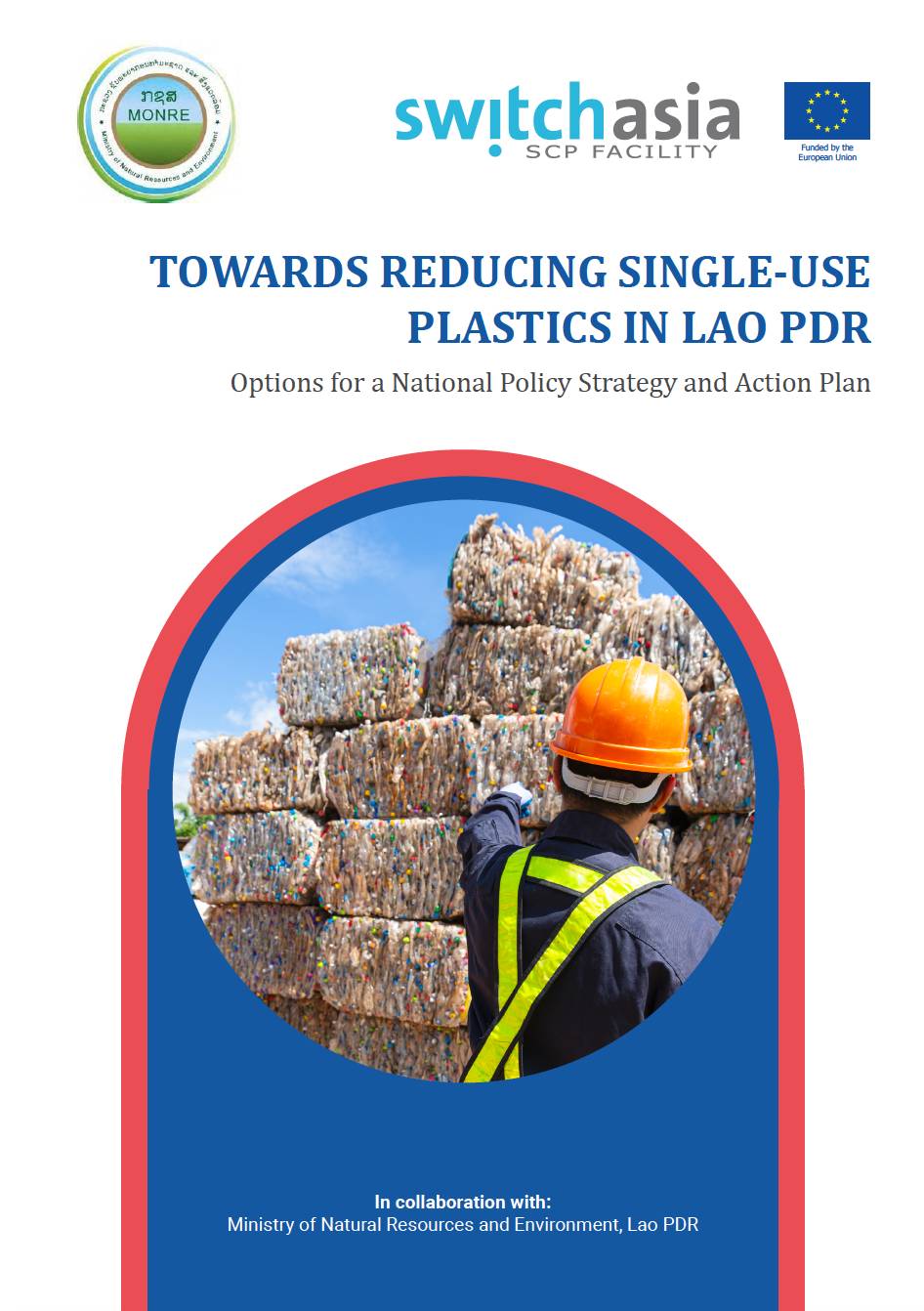The Lao People’s Democratic Republic (Lao PDR) grapples with emerging challenges stemming from evolving consumption and production patterns, leading to increased waste volumes and a more intricate waste stream. Plastics, notably in packaging, constitute a substantial and growing segment of the waste stream.
Numerous plastic items, such as bottles, food packaging, and carrier bags, are designed for single-use, contributing to a brief lifecycle. Lao PDR currently lacks comprehensive policies on sustainable production and waste management, exhibits limited public awareness regarding improper use and waste disposal, and faces deficiencies in services and infrastructure for the collection, sorting, and safe processing of post-consumer wastes. Additionally, a significant amount of waste plastic is improperly disposed of, mismanaged, or escapes supply chains, resulting in adverse environmental, social, and economic impacts.
In response to these challenges, the Lao Ministry of Natural Resources and Environment (MoNRE) sought assistance from the European Union through the SWITCH-Asia programme to assess the current state of single-use plastics (SUPs) and identify viable policy options. This led to the execution of a comprehensive study, encompassing a literature review, an evaluation of policy experiences from other countries, and interviews with stakeholders and experts in Lao PDR. These interviews delved into participants’ experiences, knowledge, and perspectives on plastics in Lao PDR. Consultations were conducted with diverse stakeholders, including government bodies, non-governmental organizations (NGOs), research institutions, and the public, ensuring a representative viewpoint from various perspectives.
This report unveils the study’s findings and is poised to serve as a crucial input into a multi-stakeholder process aimed at crafting a National Action Plan on plastics.


